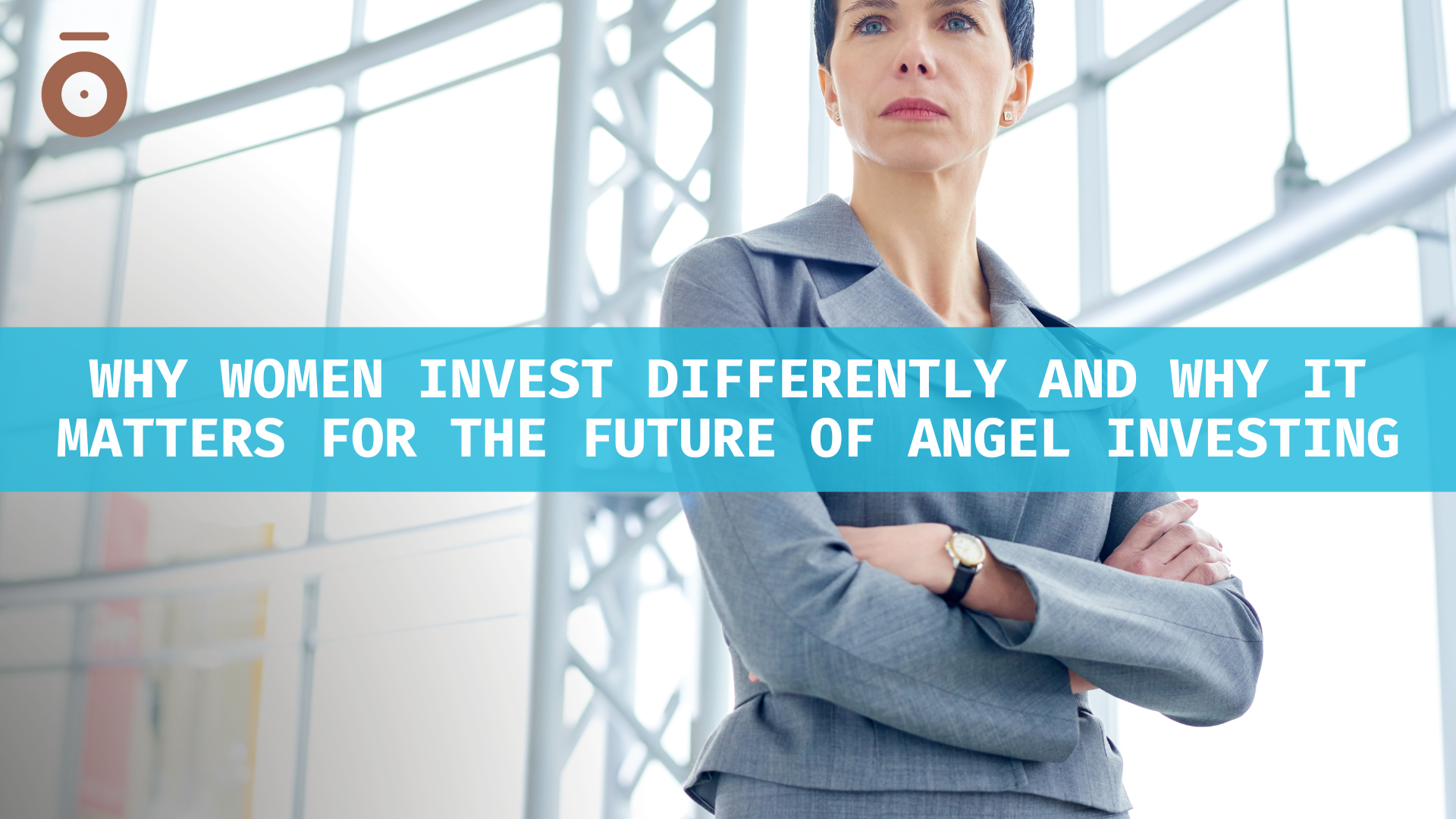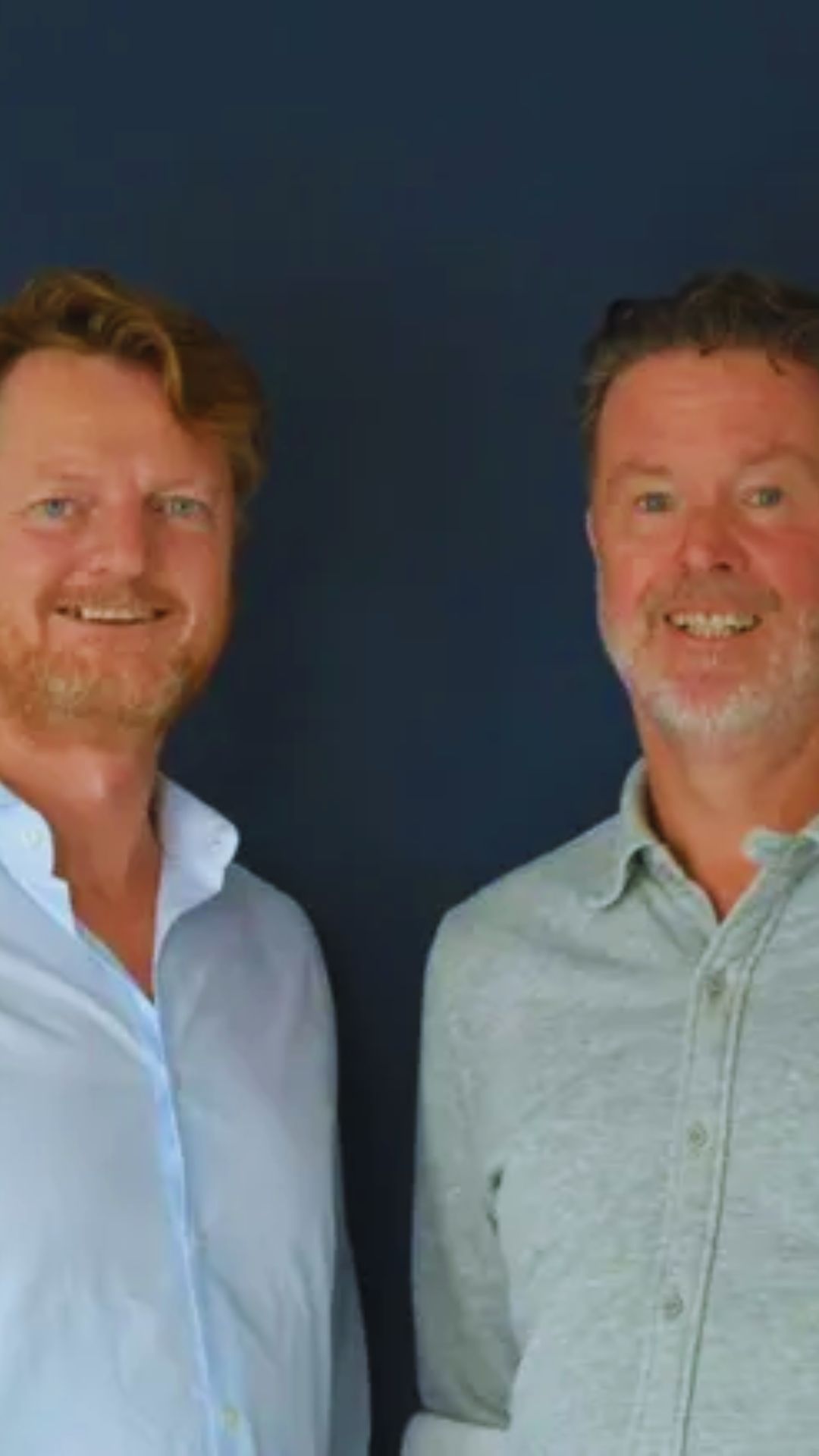
Why Women Invest Differently (And Why It Matters for the Future of Angel Investing)
What drives someone to become a startup investor? And what holds many back, especially women who have the skills, the experience, and the money, but still don’t see themselves as part of this world?
That’s exactly the conversation that unfolded on a recent episode of the Investor Circle podcast, where our CEO, Cintia Mano, joined host Stu for a thoughtful and lively exchange about how we approach risk, the cultural myths around money, and the invisible barriers that still prevent more inclusive participation in startup investing.
The episode is more than just a podcast; it’s a window into the future of angel investing: one that is more human, more strategic, and more diverse.
The Story Behind Angel Investing Explained
Cintia opened the episode with a behind-the-scenes story about her book, Angel Investing Explained. Co-authored with a fellow COREangels investor, the book was born out of a common frustration: seeing brilliant people (often women) who would make fantastic angels, but never take the leap.
Why?
Because no one ever invited them in.
“We noticed many friends and colleagues who were curious but held back. They thought angel investing was only for ex-bankers or multi-millionaires,” Cintia explained. The book became a gateway: a clear, approachable guide for anyone who wants to understand how angel investing works, what the risks are, how to get started, and why it’s not as out of reach as it seems.
Translated into English, Portuguese, and Spanish, the book is already sparking important conversations in our community.
Why Women Often Wait Longer to Start, And That’s Not a Bad Thing
One of the podcast’s most striking observations came when Stu asked Cintia why women approach investing differently.
Her response was honest and refreshing: “It’s not about being more risk-averse. It’s about being more information-driven.”
In COREangels Investment Committees, she’s seen the pattern time and again. Women investors often print pitch decks, highlight documents, and prepare questions in advance. They ask about terms, exit rights, and co-founder dynamics. Not because they lack confidence, but because they want to act responsibly.
This “prepare-first” mindset is powerful and, as we’ve seen at COREangels, it leads to smarter decisions and stronger portfolios.
Micro-Tickets and the Democratization of Angel Investing
The discussion then turned to accessibility. Stu pointed out how in the UK, platforms like Crowdcube enabled people to invest as little as £10 into startups. “Why isn’t this more common in Europe?” he asked.
Cintia explained how COREangels is helping to bridge that gap with a syndicate model that allows participation starting at €5,000 per deal. “We want people to be able to test the waters,” she said. “To learn by doing and build their portfolio one deal at a time.”
It’s not about lowering the bar, it’s about making the on-ramp visible and less intimidating. This is particularly important for people entering the investment world from outside traditional finance or tech backgrounds.
Because once someone invests in their first startup and sees the real-world lessons that follow, everything changes.
What AI Is (and Isn’t) Replacing in Early-Stage Startups
Another key thread of the podcast was the impact of AI on early-stage startups and investors’ ability to evaluate them.
Cintia acknowledged what many of us are already seeing: that non-technical founders can now build MVPs using AI tools, launch agents, and run entire workflows with minimal human resources. For introverted founders or lean teams, this is a game-changer.
But she was clear: AI still can’t do the work of strategic thinking, product intuition, or empathy.
“We still need people to ask the right questions,” she said. “And to understand what to do with the answers.”
The real differentiator is no longer coding skill; it’s critical thinking. It’s the human experience. In a world where building is easier than ever, deciding what to build (and why) becomes the new frontier.
Lisbon, Local Ecosystems, and the Power of Secondary Cities
When asked where in the world she sees the most exciting startup activity, Cintia didn’t hesitate: “Lisbon.”
More than just a base for COREangels, Lisbon has become a vibrant, multicultural hub for entrepreneurship, blending lifestyle, talent, and a collaborative spirit that’s attracting global founders.
But she also turned the spotlight toward second- and third-tier cities places that often get overlooked but are full of potential.
“We’re studying the rise of these ecosystems across Europe,” she said. “In Spain, we’re seeing Valencia, Málaga, and Zaragoza growing fast. It’s not just Madrid and Barcelona anymore. And that’s a good thing.”
Entrepreneurship, she noted, is the fastest way to create local jobs, integrate immigrants, and reduce reliance on a single employer or industry. A strong startup ecosystem doesn’t just build companies, it builds cities.
Advice for First-Time Founders: Know the Game You’re Playing
Toward the end of the episode, Cintia delivered some candid advice for founders, especially those preparing to raise capital for the first time:
“First, ask yourself: do I really need to raise money? And if yes, from whom?”
Many founders don’t realize that every funding path is a different game with different implications. Bootstrapping, angel investing, grants, venture capital… each brings different expectations, timelines, and pressure.
She emphasized raising only what you need, being cautious with dilution, and choosing investors like you’d choose a co-founder.
Because fundraising isn’t a win by default, it’s a tool. And you should use it intentionally.
Bridging the Gap Between Founders and Investors
As the conversation wrapped up, Cintia asked a question back to Stu:
“Why do you think there’s still such a big gap between founders and investors?”
His answer touched on one of the podcast’s most profound insights: that founders and investors often come from very different life paths, experiences, and reference points. And unless both sides intentionally work to understand each other, the gap only widens.
That’s exactly why communities like COREangels exist to create a bridge, through knowledge, shared frameworks, and human connection.
🎧 Listen to the full episode:
Investor Circle: Why Women Approach Investing Differently Than Men
📕 Get the book:
Angel Investing Explained
🎓 Start your journey:
Whether you're new to angel investing or ready to deepen your portfolio, the Angel Investors Hub is here to guide your next step.







.png)
.png)

